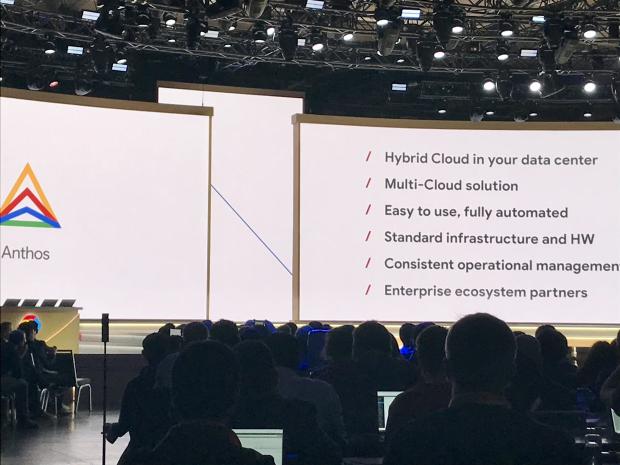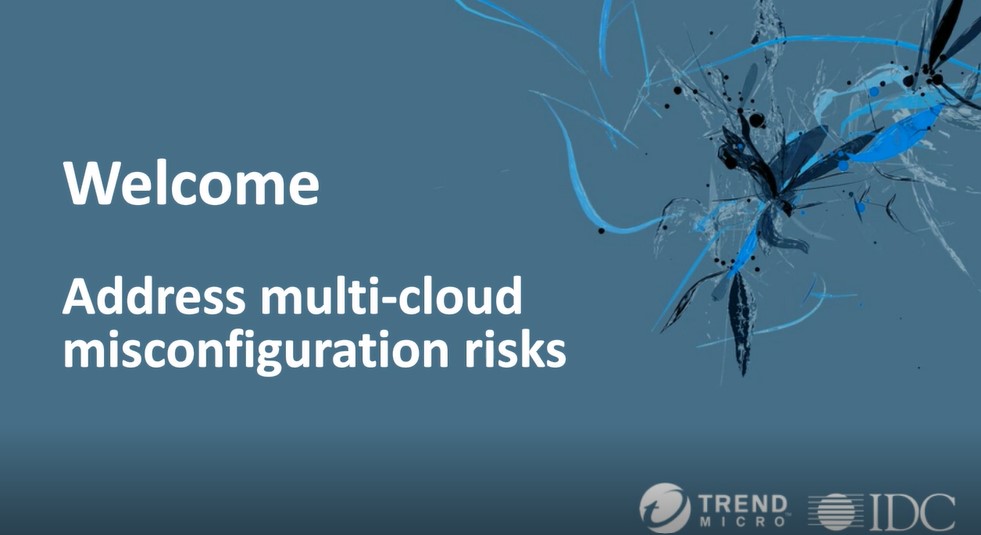Google updates Anthos multi-cloud management tool
Multi-cloud management system includes more consistent connection and authentication features


Google has unveiled the latest version of its Anthos multi-cloud management platform with a slew of new features to make life easier for administrators.
Anthos monitors instances of the Kubernetes container orchestration system running in different environments, including on-premises systems and different public clouds. It gathers data from those instances and collects it into a management dashboard. Administrations can also use Anthos to change the configuration in those environments based on different policies and security settings.
As Jeff Reed, VP of product management for Google Cloud said, "instead of re-creating foundational behaviors in each cloud, you anchor on a single cloud, and use those practices everywhere else."
Anthos version 1.7 includes a new Connect Gateway feature, which enables it to discover clusters in different multi-cloud environments using simple queries. Admins can then connect to them and authenticate using consistent infrastructure, including Google Cloud services identities. Admins can use the gateway to create definitions using Cloud Build, which packages and deploys software. That means they can deploy software via Cloud Build to any Anthos cluster.
The system also includes new capabilities to access cloud services securely from applications. Version 1.7 makes Google's Workload Identity service available to on-premises applications and in AWS. This service enables Kubernetes services accounts to source authentication credentials from identity access management systems.
RELATED RESOURCE

Address multi-cloud configuration risks
Cloud security challenges and how to overcome them
The tool also comes with better logging of operational cloud data. Its cloud logging feature now supports logs and metrics from Anthos on AWS.
Google has enhanced its Anthos Config Management (ACM) feature, enabling administrators to define their desired machine state in multi-cloud environments using configuration files. The latest version includes support for cluster types beyond its GKE Kubernetes implementation, including Amazon's Elastic Kubernetes Service (EKS), Microsoft's Azure Kubernetes Service (AKS), and Red Hat's OpenShift.
Sign up today and you will receive a free copy of our Future Focus 2025 report - the leading guidance on AI, cybersecurity and other IT challenges as per 700+ senior executives
Danny Bradbury has been a print journalist specialising in technology since 1989 and a freelance writer since 1994. He has written for national publications on both sides of the Atlantic and has won awards for his investigative cybersecurity journalism work and his arts and culture writing.
Danny writes about many different technology issues for audiences ranging from consumers through to software developers and CIOs. He also ghostwrites articles for many C-suite business executives in the technology sector and has worked as a presenter for multiple webinars and podcasts.
-
 The modern workplace: Standardizing collaboration for the enterprise IT leader
The modern workplace: Standardizing collaboration for the enterprise IT leaderHow Barco ClickShare Hub is redefining the meeting room
-
 Interim CISA chief uploaded sensitive documents to a public version of ChatGPT
Interim CISA chief uploaded sensitive documents to a public version of ChatGPTNews The incident at CISA raises yet more concerns about the rise of ‘shadow AI’ and data protection risks
